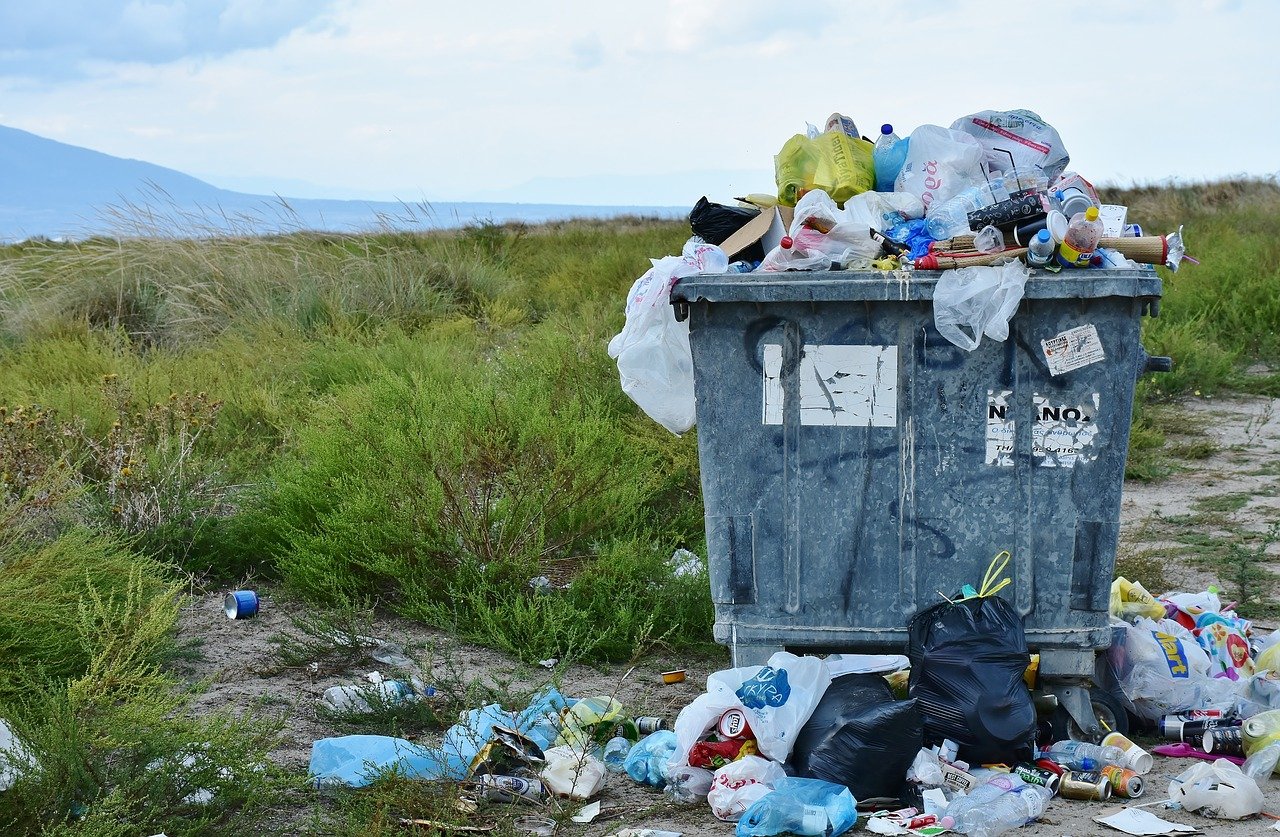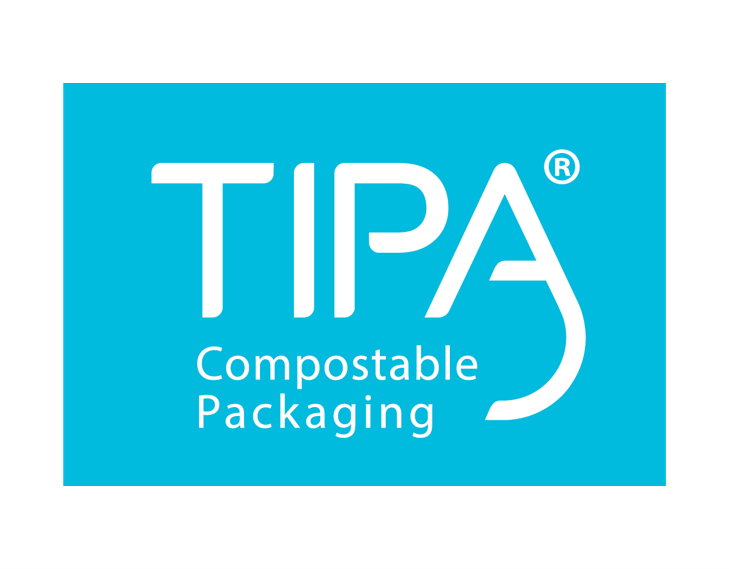123Fab #80
1 topic, 2 key figures, 3 startups to draw inspiration from

At least 14 million tonnes of plastic end up in our oceans each year, and plastic accounts for 80% of all marine debris, from surface waters to deep-sea sediments. By 2050, it is predicted that there will be more tonnes of plastic in the oceans than fish, posing a serious threat to our ecosystems and our health. Three of the seventeen United Nations Sustainable Goals are dedicated to tackling the problem of plastic waste: responsible consumption and production, climate action and marine life. To this end, alternatives to plastic have been emerging for several years, driven by governments, including biomaterials, also known as bio-based materials.
Biomaterials are biomass-based raw materials. They include cells, molecules or extracellular matrices but also natural textiles, leather, wood, paper or silk. They are used in everyday life, for example in packaging, clothing and furniture. But in recent years, a new use for biomaterials has emerged as an alternative to fossil-based materials, for example in the production of plastic. These are known as “sustainable biomaterials” and plastic manufactured from sustainable biomaterials is known as bioplastic. But not all bioplastics are equal: some are partly bio-based and not all are biodegradable, such as bio-based polyethylene (PE) or polypropylene (PP). However, bioplastics have the unique advantage over conventional plastics of reducing the dependency on fossil resources and lowering greenhouse gas emissions over their lifetime. Indeed, they have the potential to reduce 30-70% of carbon dioxide emissions and their production requires 65% less energy than conventional petroleum plastic (Allied Market Research). They also offer new recycling perspectives and opportunities for the circular economy.
For these reasons, various governments across the world are adopting favorable regulations and policies to promote the sustainability and biodegradability of bioplastics. This is one of the key drivers of the market that explains its growth in recent years. For example, the European Union launched a public consultation on this topic in January. The US government announced its plastic pollution control programs, in February, which include increased research, development and buyer/consumer awareness of bioplastics. Currently, bioplastics account for about 1% of the approximately 360 million tonnes of plastic produced annually.
However, bioplastic production has its limits and still needs to be further developed in order to have a neutral environmental impact, especially when looking at the life cycle of materials. Indeed, the production of bioplastics sometimes requires intensive land use, often combined with the use of fertilizers and pesticides. To transform organic material into plastic, chemical treatments are also necessary. An example is B-PET (bio-based polyethylene terephthalate), a hybrid plastic derived from sugar cane, which combines the negative impacts of agriculture and chemical processing. In addition, bioplastics generally require high-temperature industrial composting facilities to decompose, which very few cities have. In this case, recycling or decomposition is limited. Finally, bioplastics are also relatively expensive. For example, PLA (polylactic acid) can be 20-50% more expensive than comparable materials due to the complex process used to convert maize or sugar cane, while it is less robust than fossil fuel-based polymers.
In response to this, several groups and start-ups are trying to innovate in this field, notably by selecting raw materials. This is the case of the Californian start-up Mango Materials, which creates bioplastic from the methane gas of wastewater treatment plants or landfills. Similarly, Made of air uses forest and farm waste to produce bioplastics. Fundraising is also accelerating in this sector. In December 2021, UBQ materials, which produces bio-based thermoplastic materials from 100% unsorted household waste, raised a $170 million funding round. The solution substitutes oil-based plastics, wood, or metal in various applications: construction, automotive, logistics, retail, 3D printing. Other startups focus on the other end of the value chain, on decomposition or recycling. This is the case of TIPA, which manufactures bio-based and fully compostable packaging for the food and fashion industry. The materials decompose in the same way as food waste, within a maximum of 180 days.
Finally, biomaterials, and especially bioplastics, represent a growing opportunity for the future to limit the use of fossil resources and reduce greenhouse gas emissions. Although they are not yet capable of replacing all the different uses of plastics (resistance to humidity, temperature, breakability, etc.) and their impact on the environment is questionable when the entire value chain is taken into account, a great deal of progress has been made in recent years. The market is growing and initiatives from startups are flourishing, which is a good omen for the future.
2 Key Figures
The global bioplastics market is projected to reach $16.8 billion by 2030, growing at a CAGR of 11.5% from 2021 to 2030
It was valued at $5.8 billion in 2020 – Allied Market Research
$561M raised in the last 2 years by waste-based bioplastics
Tracxn
3 startups to draw inspiration from

Made of air
The Berlin startup has developed a bioplastic made of forest and farm waste that sequesters carbon and can be used for everything from furniture to building facades. The recyclable material is 90% carbon and stores around two tonnes of carbon dioxide equivalent for every tonne of plastic, more than it emits throughout its lifecycle.

UBQ materials
The Israeli cleantech startup converts unsorted household waste into a bio-based thermoplastic composite. The product is a raw material that can substitute wood, concrete, or oil-based plastics in the manufacturing of durable products.

TIPA
The Israeli startup manufactures bio-based and fully compostable packaging for the food and fashion industry. The material used for the packaging is a patent-protected sheet combining plant-based and petroleum-based composition which decomposes under compost conditions in 180 days.
Interested in a startup landscape or in an insights report?
Please fill out our contact form so that we can get back to you very quickly with our product offer.
Want to subscribe to our 123Fab?
Fill out our form to receive the latest insights into your inbox.
